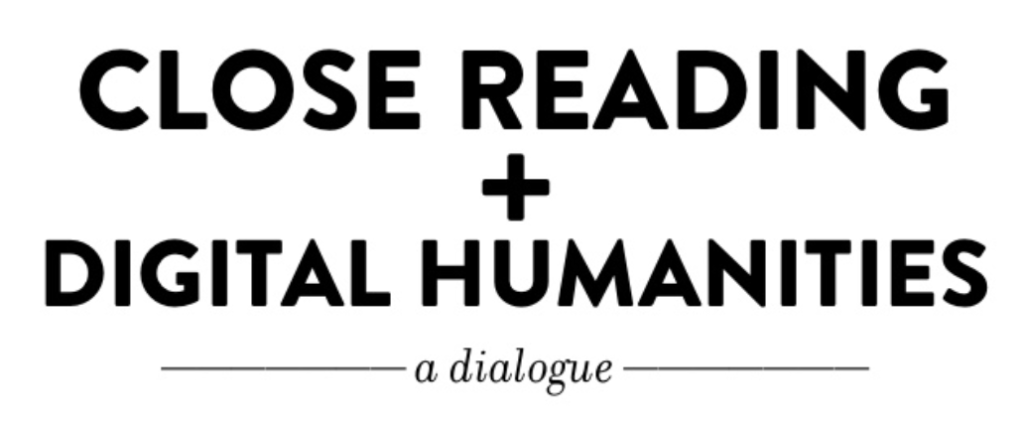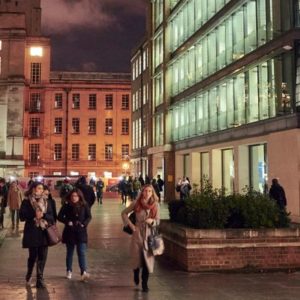Age of Distraction
Graduate Conference
8 + 9 June 2018
This conference explores distraction and all its meanings and implications. Distraction is commonly thought of as a growing concern or even a sickness of modern society and digital culture. From mindless scrolling to heavy consumerism, the pursuit for entertainment and satisfaction is insatiable, leaving us vulnerable to ruling corporations. Does our lack of control transform us into a conformed mass that is susceptible to tabloid media and the rise of populism? On the other hand, distraction is not necessarily steeped in negativity. In fact, it has had a long and fascinating history. Its German equivalent, ‘Zerstreuung’, comes from the idea of dispersion. At the start of the twentieth-century, Walter Benjamin defined the term as ‘floating attention’, where experience is caused by chance rather than concentration. Does lack of focus in fact allow a sense of freedom and inspiration?
Confirmed speakers include:
- Prof. Carolin Duttlinger (Oxford)
- Dr. Sophie Jones (Birkbeck)
Food and refreshments will be available.
Call for papers (extended deadline 7 May)
Please send a 200 word abstract for papers of 15 minutes and a 50 word biography to bisr@bbk.ac.uk
Topics may include:
- History of distraction
- Distraction and its oppositions
- Distraction and/in Education
- Distraction and madness
- Modes of Extremism: online or in reality?
- Democracy, populism, and online social networking
- Freedom of speech v. government and/or regulatory control
- Misinformation and fake news
- Dystopia/ an Orwellian society
- Distraction and creativity
- Escapism, dream and day-dream
- Feigned ignorance or ‘Turning a blind eye’
- Emotional responses
- Procrastination, boredom and solitude
- Wandering and ‘killing time’
- Inspiration, chance and serendipity





